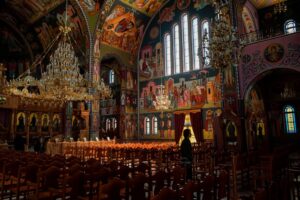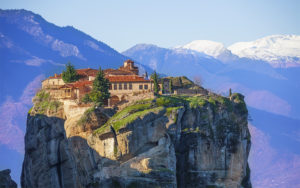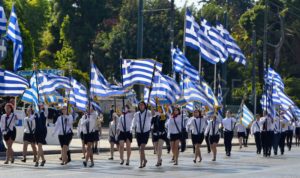A strange notion came over me yesterday morning, one that suggested I had whipped the jet lag that plagued me since my return from a nine-day trip to Greece.
Silly me. It seems to be rallying inside this 74-year-old body of mine.
This is worth mentioning briefly because in all the international travel I have enjoyed over many years, jet lag hardly ever has been a problem I cannot shake.
This time it’s different.
I am going to attribute this stubborn case of jet lag to a couple of factors.
One is that I am generally sleep-deprived. I have had trouble getting a good night’s sleep for the past three or four years. Therefore, when I should be sleeping on an airplane … I am not! Among the many ways I heard to fend off jet lag, this one makes the most sense: Try to sleep on a jetliner when it’s bedtime at home.
Maybe next time.
Another factor is uncomfortable seats in the poor man’s economy class ticket I purchased. Don’t let the airlines fool you: Economy class seats are not comfy. The discomfort I felt on both long-distance legs of my journey has compelled me to declare that any future international airborne travel will be on a jetliner equipped with business class.
I’ll have to budget for it, plan ahead, because I know the biz class seats can cost me an arm and both legs.
So … I am fighting jet leg at this moment as I conclude this brief post.
What now? I’ll finish it. Post it. Then I’ll take another nap. I can whip this.




